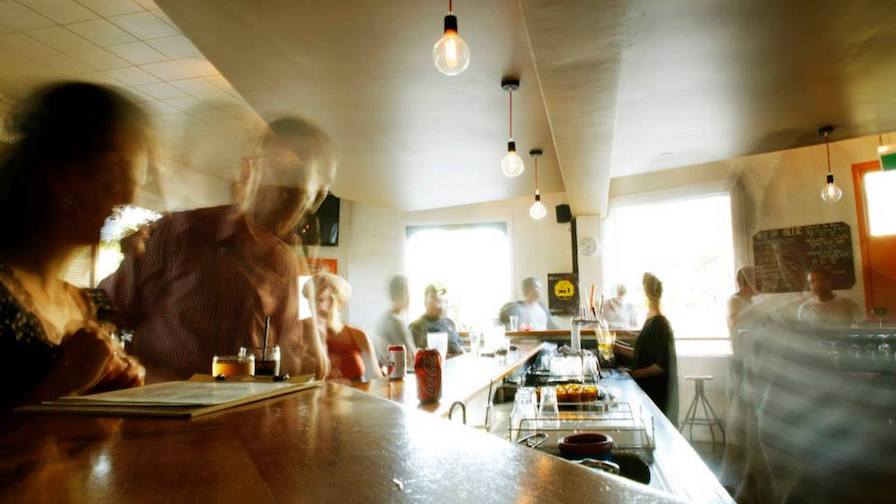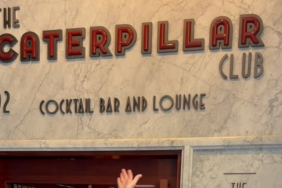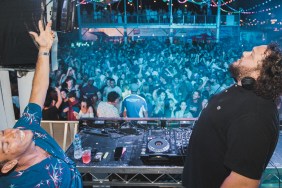Yesterday, the Fair Work Commission ruled to cut penalty rates across the retail, fast food and hospitality sectors on Sundays and public holidays, which means a section of Australia’s workforce will soon be making less money than they once were.
A significant number of musicians work in the retail, hospitality and fast food industries, with many working on Sundays so that they have time to focus on their craft while still having enough money to pay the bills.
Many in the music community have been affected by changes to penalty rates, so Music Feeds has spoken to some who are particularly concerned by the Commission’s decision.
37-year-old Harriet Stewart plays guitar in Melbourne band Miss Destiny. She works part-time at local establishment the Tramway Hotel with fellow bandmate Harriet Hudson, and says cuts to penalty rates will mean they’ll have less time to focus on their music.
“As a musician, there’s a tight margin you’re living by in terms of paying rent and bills and being able to get places and all that sort of stuff,” Stewart tells Music Feeds.
“[Penalty rate cuts] mean you’re going to have to either pick up extra hours… It will have an effect on our creative community because it means they will have to spend more time doing menial work and less time planning gigs, writing music, all that sort of stuff.
“The reason that we’re doing this work is so that we’re able to do all those things.
“When you’re a part time worker the reason you work weekends is because generally you’re living week to week. The consequences of not working those days has a huge financial impact on how you’re living.”
27-year-old Josh Howes owns and operates the small Brisbane-based heavy music label Deaths Grip. He’s worried about what the penalty rate changes will mean for the music community which he’s a part of.
“Looking purely at the bands I work with who are on the verge of ‘making a go of music’, most of them work casually and in retail or hospitality environments and juggle higher education,” he says.
Howes thinks there are two possible outcomes from cuts to penalty rates. The first: “They pick up more work to make up for the loss of penalty rates which means less time for music, studying or personal time.”
The second: “They do not pick up extra shifts, as they don’t exist, and they have to cut back on spending somewhere to make up for that.”
Either way, Howes says he can “definitely” see how some artists “would conclude that spending less time on music is a way of rectifying that issue”.
While most full-time musicians haven’t spoken publicly about the changes to penalty rates, it’s clear that up-and-coming acts in the industry will be affected, as producer Paces so elegantly put it in this tweet…
Boomers in the lounge: "It's fine that Sunday penalty rates have been cut"
Everyone I know: pic.twitter.com/ftMw3NBqjC
— PACES? (@PacesMusic) February 23, 2017
The cuts to public holiday penalty rates will come into effect on 1st July 2017, but the Fair Work Commission is still to decide when the Sunday rate cuts will begin.
The rate reductions differ across industries, ranging from a 50 per cent reduction to no reduction depending on the industry and the level of employment.
Here’s a handy chart to see how the Sunday cuts might affect you:
Image: ABC












